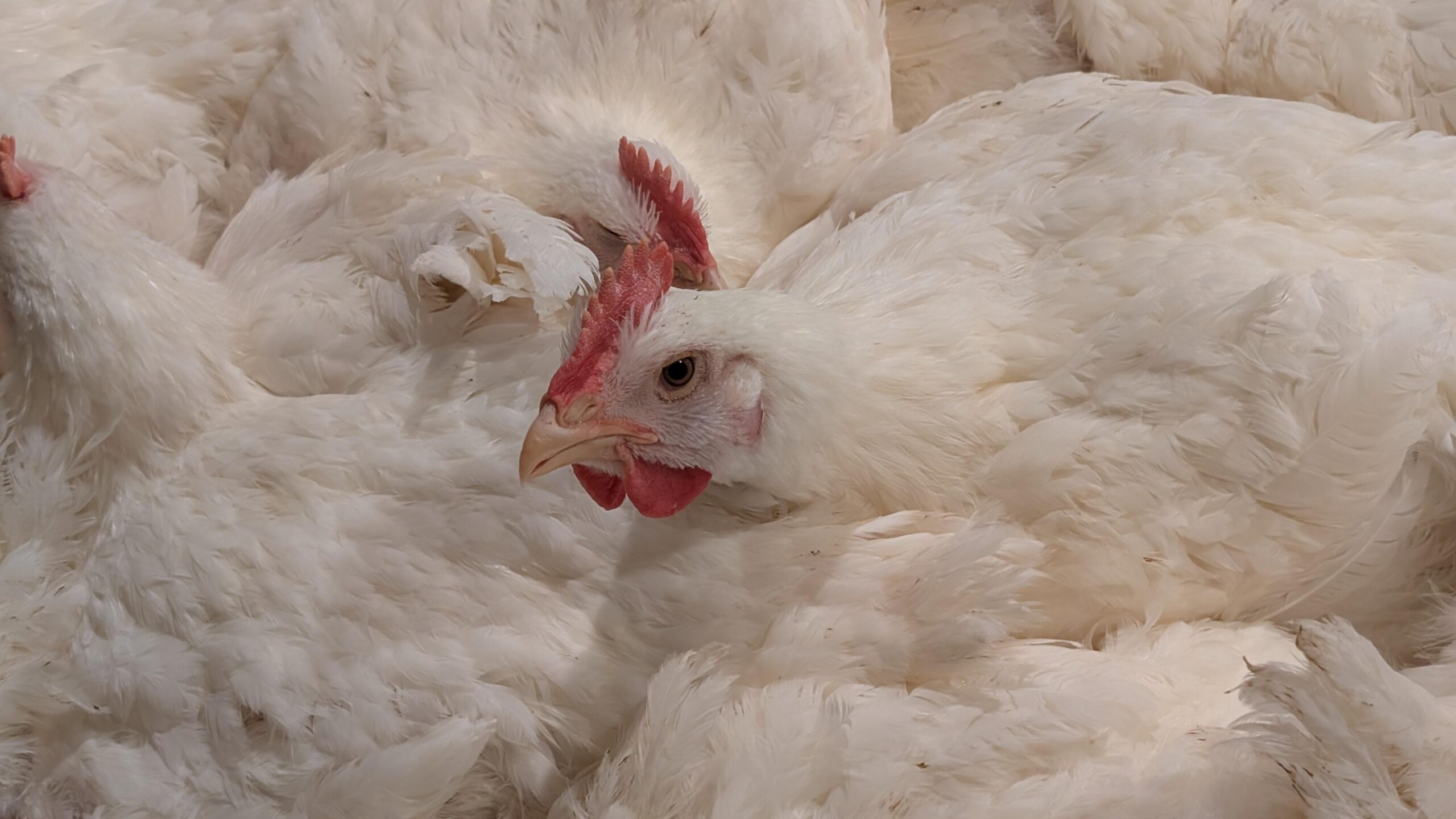The Georgia Tech Research Institute (GTRI) has announced the development of two innovative technologies aimed at improving climate and moisture control in poultry houses. These advancements promise to enhance the health of poultry flocks while simultaneously reducing operational costs for farmers.
The technologies target critical environmental factors that affect poultry farming, a sector vital to the agricultural economy. By enabling better management of temperature and humidity levels, these tools could lead to more efficient poultry production. Farmers often face challenges related to maintaining optimal conditions, which can directly impact the well-being of the birds and the overall profitability of their operations.
Innovative Solutions for Poultry Farming
The first technology focuses on real-time climate monitoring, allowing farmers to track environmental changes within poultry houses. This system leverages advanced sensors and data analytics to provide actionable insights, enabling farmers to make informed decisions regarding ventilation, heating, and cooling. By optimizing these factors, farmers can create a more stable environment for their flocks, leading to improved growth rates and reduced mortality.
The second technology addresses moisture control, which is crucial to preventing diseases that can thrive in damp conditions. High humidity levels can lead to respiratory issues in poultry, affecting their overall health and productivity. GTRI’s moisture control solution aims to mitigate these risks by automating dehumidification processes and maintaining ideal humidity levels. This not only enhances flock health but can also contribute to lower veterinary costs for farmers.
GTRI’s advancements are particularly timely as the poultry industry faces increasing pressure to adopt sustainable practices. With rising costs and environmental concerns, farmers are seeking innovative solutions that can enhance productivity while reducing their ecological footprint.
Impact on the Poultry Industry
The potential benefits of these technologies extend beyond individual farms. By fostering healthier flocks, GTRI’s innovations could lead to a more resilient poultry supply chain. This is especially significant in the context of global food security, as poultry remains a key protein source for millions around the world.
Farmers who implement these technologies may see a notable reduction in operational costs, contributing to overall profitability. As the poultry industry continues to evolve, tools that facilitate better climate and moisture management will be essential for maintaining competitiveness.
According to GTRI, the technologies are currently in the testing phase, with plans for broader deployment expected in the coming months. As these innovations become available, farmers are encouraged to consider their integration into existing operations.
In conclusion, GTRI’s efforts to develop climate and moisture control technologies represent a significant step forward for the poultry industry. By addressing critical environmental challenges, these innovations could play a pivotal role in enhancing flock health and supporting sustainable farming practices. The ongoing commitment to agricultural innovation positions both GTRI and the poultry sector for a more productive future.
